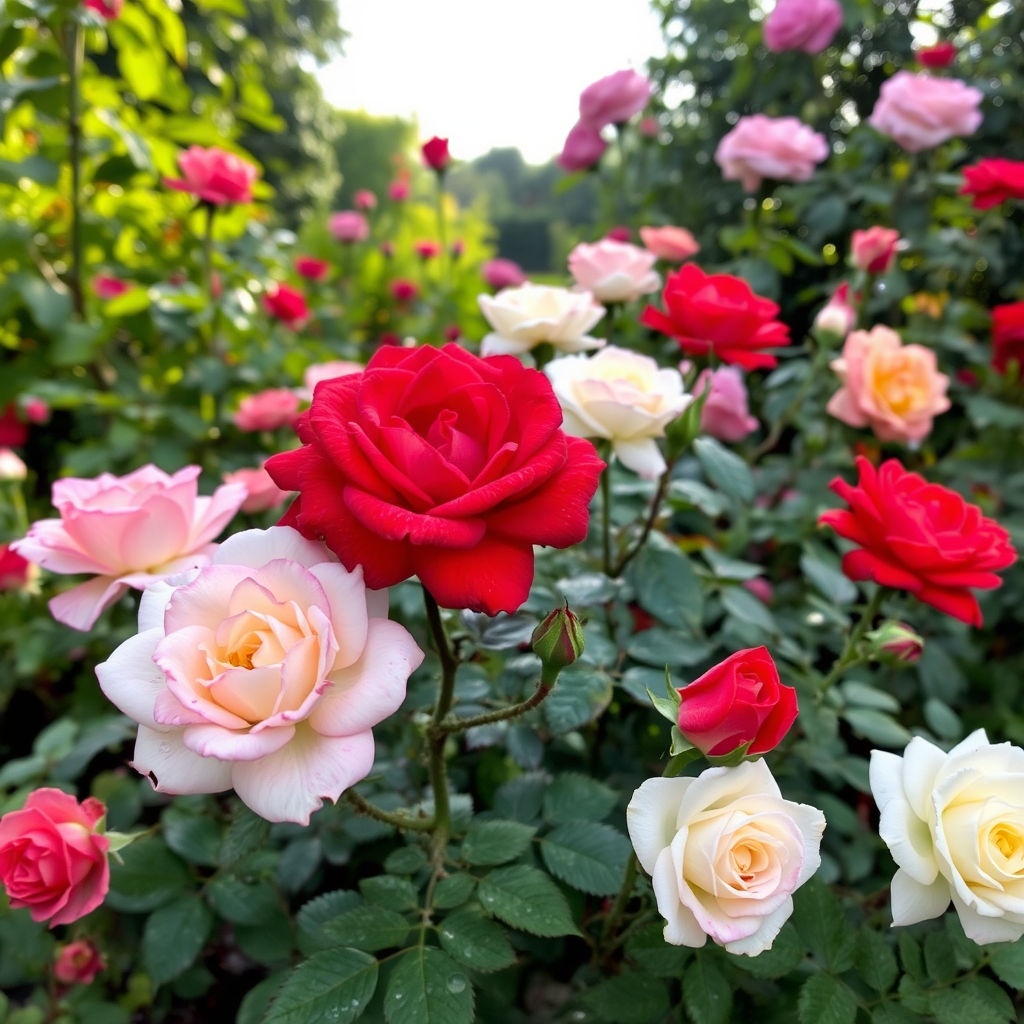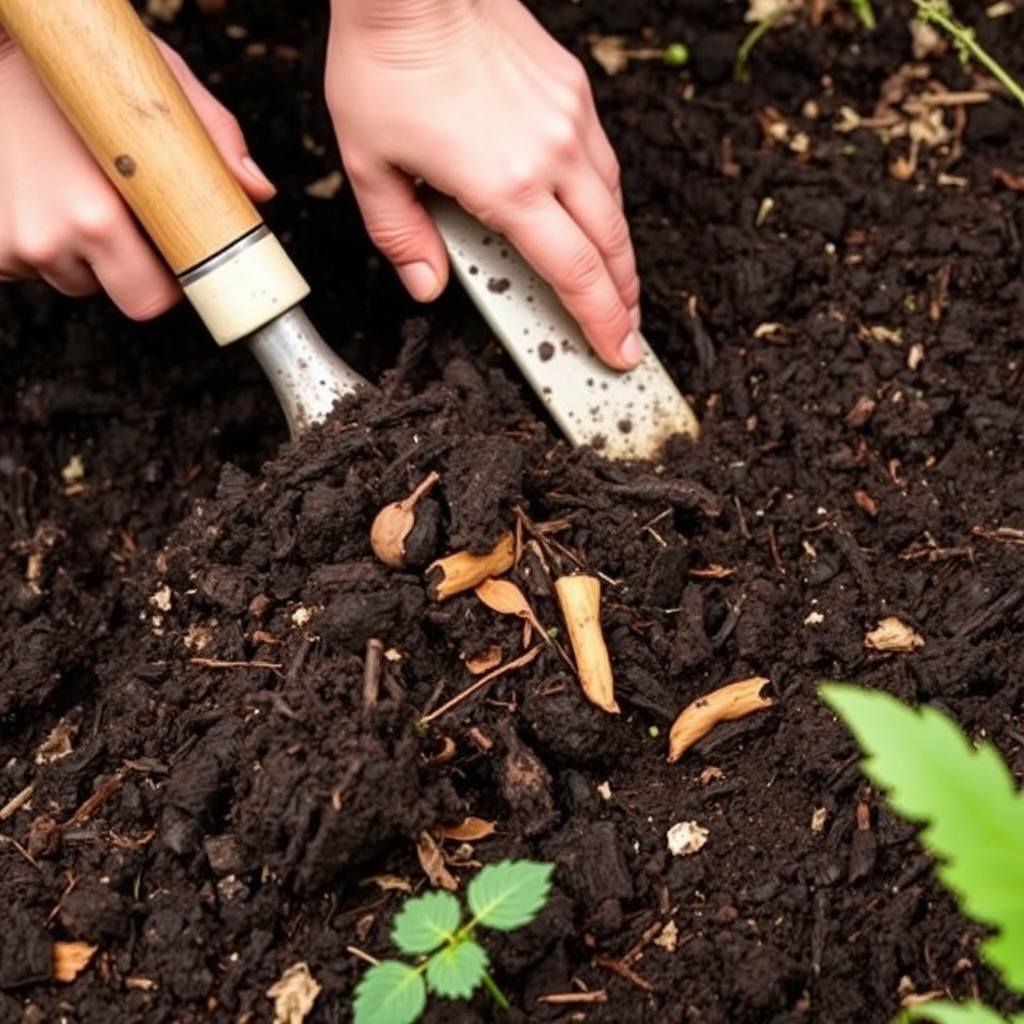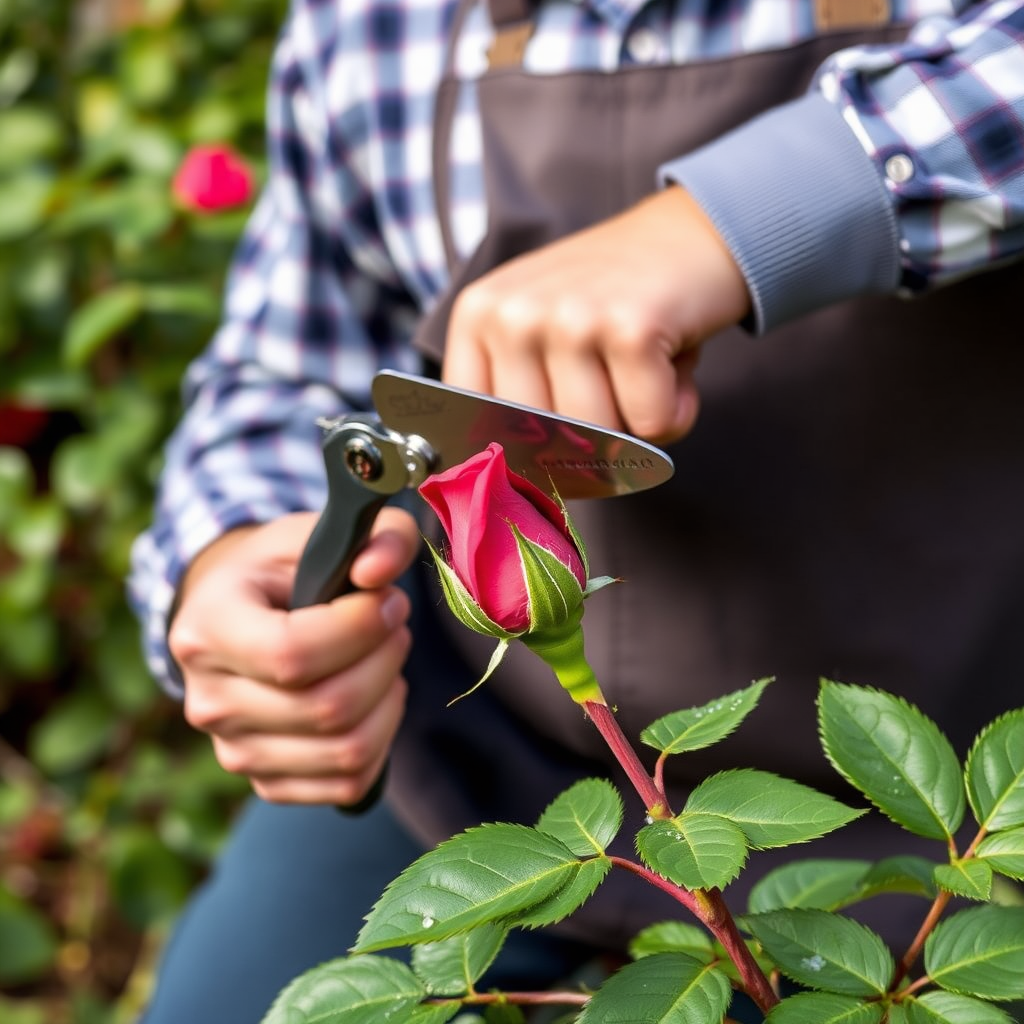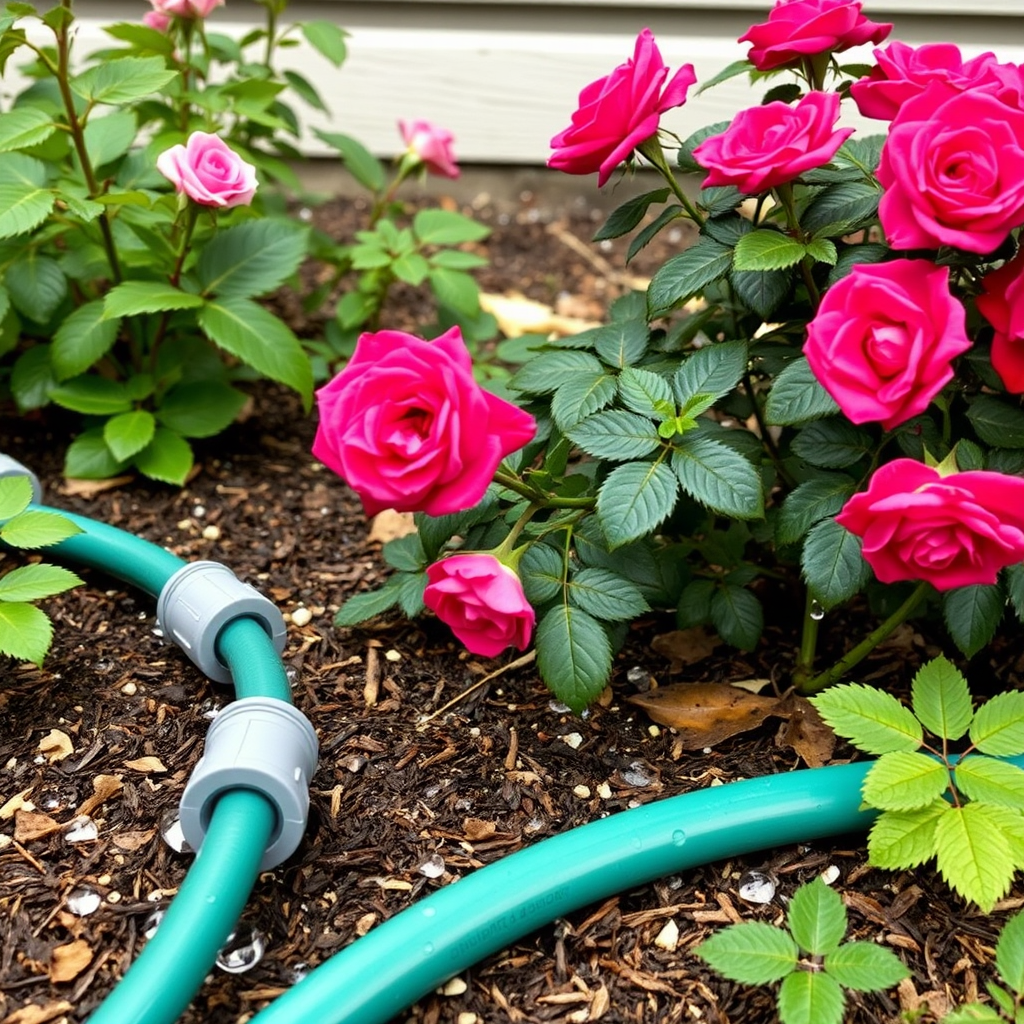Expert Gardeners Share Top Tips for Growing Perfect Roses This Season
Professional horticulturists reveal their secrets for cultivating healthy, beautiful roses

As spring approaches and gardening enthusiasts prepare for the growing season, professional horticulturists are sharing their most valuable insights for cultivating stunning roses. These time-tested techniques can transform any garden into a fragrant paradise of blooming beauty.
Soil Preparation: The Foundation of Rose Success
Master gardener Sarah Chen from the Royal Botanical Gardens emphasizes that exceptional roses begin with exceptional soil preparation. "The secret lies in creating a well-draining, nutrient-rich environment that roses absolutely love," she explains.

Essential Soil Requirements:
- pH level between 6.0-7.0
- Rich organic matter content
- Excellent drainage capabilities
- Deep cultivation to 18 inches
Chen recommends incorporating aged compost and well-rotted manure into the planting area at least six weeks before planting. "This gives the soil time to settle and the organic matter to integrate properly," she notes. Adding coarse sand or perlite can improve drainage in clay soils, while organic matter helps sandy soils retain moisture.
Pruning Mastery: Timing and Technique
Professional rose grower Michael Rodriguez shares his expertise on proper pruning techniques that promote healthy growth and abundant blooms. "Pruning is both an art and a science," Rodriguez explains. "The key is understanding when and how to make each cut."
Rodriguez's Pruning Timeline
Major structural pruning
Light shaping and deadheading
Continuous deadheading
The most critical pruning occurs in late winter when roses are dormant. Rodriguez advises removing dead, diseased, and damaged wood first, followed by weak or crossing branches. "Always cut at a 45-degree angle about ¼ inch above an outward-facing bud," he instructs. "This encourages the plant to grow outward, creating better air circulation."

Natural Pest Control Solutions
Integrated pest management specialist Dr. Amanda Foster advocates for natural approaches to rose pest control. "Chemical pesticides can disrupt the garden's natural ecosystem," she explains. "Natural solutions are often more effective long-term and safer for beneficial insects."
Common Rose Pests
- Aphids: Small green or black insects
- Thrips: Tiny flying insects
- Spider Mites: Microscopic web-spinners
- Japanese Beetles: Metallic green beetles
Natural Solutions
- Neem Oil: Broad-spectrum organic treatment
- Companion Planting: Marigolds and lavender
- Beneficial Insects: Ladybugs and lacewings
- Soap Spray: Mild dish soap solution
Dr. Foster particularly recommends companion planting with herbs like basil, chives, and garlic, which naturally repel many rose pests. "These plants not only protect your roses but also provide fresh herbs for your kitchen," she adds with a smile.
Watering Wisdom for Optimal Growth
Proper watering technique is crucial for rose health, according to irrigation specialist James Thompson. "Many gardeners either overwater or underwater their roses, both of which can lead to problems," he explains.
Thompson recommends deep, infrequent watering rather than frequent shallow watering. "Roses prefer to be watered at soil level to avoid wetting the foliage, which can promote fungal diseases," he notes. The ideal schedule involves watering 2-3 times per week, providing about 1-1.5 inches of water each time.
Morning watering is preferred as it allows foliage to dry before evening, reducing disease risk. Thompson also suggests using soaker hoses or drip irrigation systems for consistent, efficient water delivery directly to the root zone.

Seasonal Care Calendar
Master gardener Lisa Park has developed a comprehensive seasonal care calendar that ensures roses receive appropriate attention throughout the year. "Consistency is key to growing exceptional roses," Park emphasizes.
Spring Tasks (March-May)
- Remove winter protection
- Apply fresh mulch
- Begin fertilization program
- Start regular watering schedule
Summer Tasks (June-August)
- Deadhead spent blooms
- Monitor for pests and diseases
- Maintain consistent watering
- Apply mid-season fertilizer
Park's calendar also includes fall preparation tasks such as reducing watering frequency, stopping fertilization six weeks before first frost, and applying winter protection in colder climates. "Following this schedule has helped countless gardeners achieve their rose-growing dreams," she concludes.
"With proper care and attention, roses will reward you with seasons of breathtaking beauty and intoxicating fragrance."